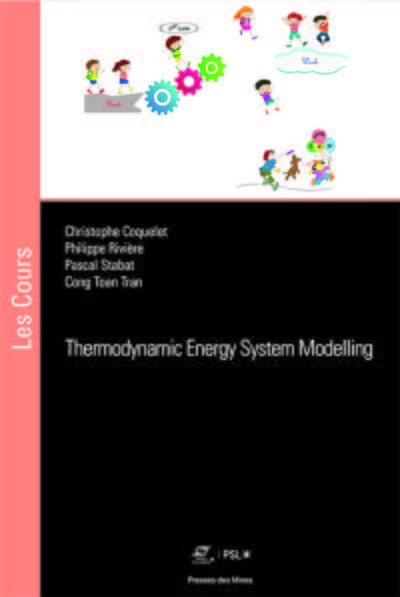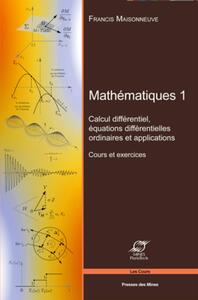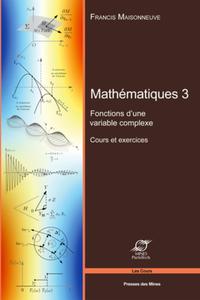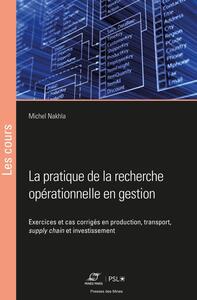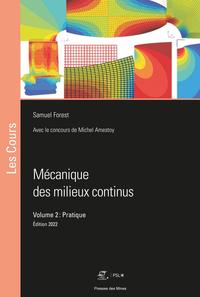Nous utilisons des cookies pour améliorer votre expérience. Pour nous conformer à la nouvelle directive sur la vie privée, nous devons demander votre consentement à l’utilisation de ces cookies. En savoir plus.
Thermodynamic Energy System Modelling
EAN : 9782356715814
Paru le : 7 nov. 2019
-
 Livraison gratuite
Livraison gratuite
en France sans minimum
de commande -
 Manquants maintenus
Manquants maintenus
en commande
automatiquement -
 Un interlocuteur
Un interlocuteur
unique pour toutes
vos commandes -
 Toutes les licences
Toutes les licences
numériques du marché
au tarif éditeur -
 Assistance téléphonique
Assistance téléphonique
personalisée sur le
numérique -
 Service client
Service client
Du Lundi au vendredi
de 9h à 18h
- EAN13 : 9782356715814
- Réf. éditeur : 061733
- Collection : LES COURS
- Editeur : Ecole Des Mines
- Date Parution : 7 nov. 2019
- Disponibilite : Disponible
- Barème de remise : NS
- Nombre de pages : 192
- Format : H:238 mm L:159 mm E:11 mm
- Poids : 320gr
-
Résumé :
Our energy needs are the major contribution to greenhouse gas emissions. Fossil fuels are still largely the primary source of energy of most world economies. In this context, it is absolutely necessary to optimize energy systems so as tominimize the consumption of fossil fuels.
Energy system modeling is an essential step in understanding the system inefficiencies and improvement potential. This book gives a presentation of main thermodynamic concepts that are required to understand the working principles of thermodynamic cycles and to model their performances. The focus here is put on heat to power thermodynamic cycles (gas turbines, steam vapor power plants, combined cycle and cogeneration plants) and on vapor compression cycles. For each system, the book presents the basic cycle and explains the main ideas proposed to optimize its performances, including the introduction of the exergy concept.
The main objective of the book is to present comprehensible performance analysis and improvement methods. Even if some of the presented systems have been developed for decades, these methods are extremely useful in the reduction of energy consumption and to tackle environmental issues.
This book has been designed for students of the Masters degree in Science and Executive Engineering at MINES ParisTech and of the Energy Masters degree at PSL Research University.

